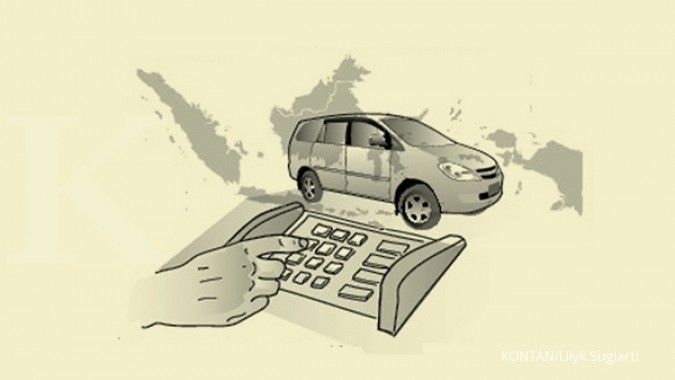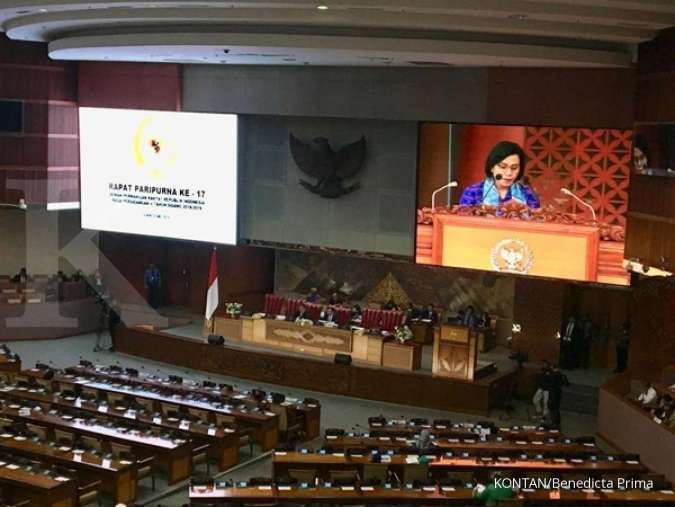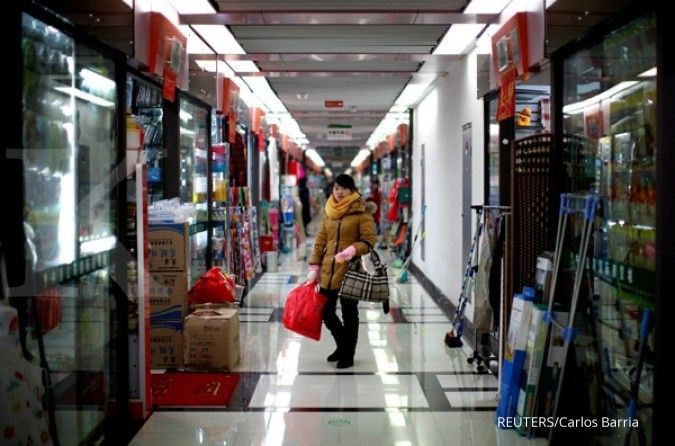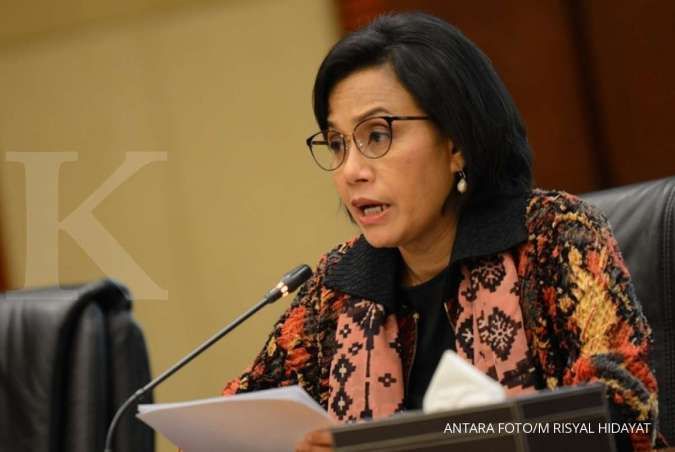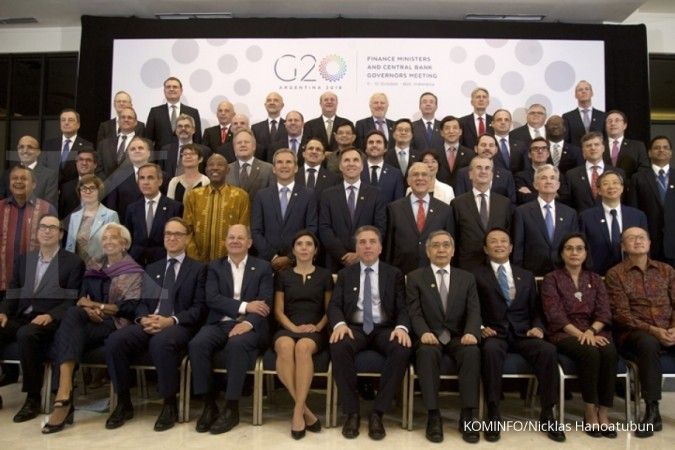WORLD BANK - JAKARTA. Indonesia has just received a US$49.6 million loan from the World Bank to finance the government’s plan to integrate city planning across the nation.
The loan, approved by the World Bank’s board of executive directors on Monday, would be used to finance a government project called the National Urban Development Project (NUDP) to improve city planning and make the country benefit from the positive effects of urbanization.
The program will help cities integrate sectoral plans and strategies, including master plans for transportation, housing, economic strategies and environment. In addition, it will strengthen the link between medium-term capital investment, infrastructure prioritization and financing needs.
The loan is expected to benefit about 12.5 million people living in 13 cities across the country. Municipal agencies will also benefit from the improved capacity for evidence-driven urban planning and financial management, as well as better integration of spatial and socioeconomic development planning.
“Helping municipal governments integrate spatial planning with capital investment planning will help cities become drivers of prosperity for the country’s fast-growing urban population,” Rudy Prawiradinata, National Development Planning Agency (Bappenas) deputy for regional development said in a statement.
The NUDP will also support the development of higher-quality data and studies for urban planning to help city governments make better capital investments across sectors and enhance their ability to access alternative sources of financing.
“This project will cause more effective financing of infrastructure to make cities more livable and productive,” said Rodrigo A. Chaves, World Bank country director for Indonesia and Timor-Leste.
Given that Indonesia was vulnerable to the adverse impacts of climate change, he said, the project would improve links between urban planning and infrastructure development to make the investments more efficient and reduce the vulnerability to climate-related hazards by directing development toward lower risk areas.
Indonesia is among the largest contributors to urbanization globally. The United Nations estimates that about 137 million people, or 54 percent of the population, live in cities. The share of urban residents is expected to grow to 68 percent of the population by 2025.
/2019/04/15/2137551923.jpg)
